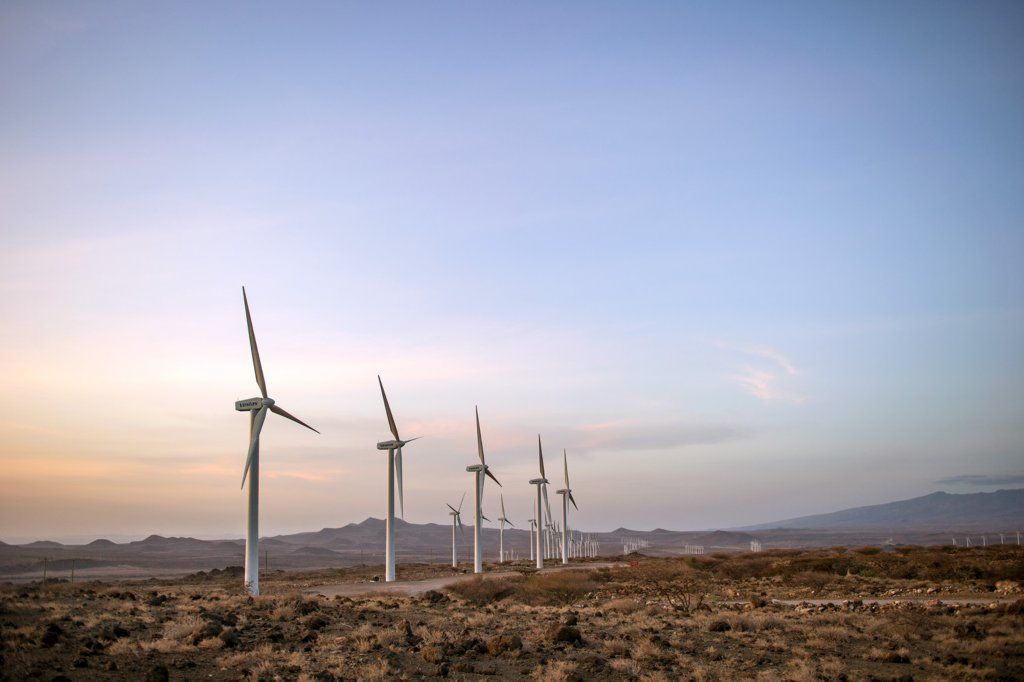For the world to meet the 1.5 ° C target, annual investment in clean energy infrastructure and projects needs to be increased to nearly $ 4 trillion by 2030, the Agency projected Energy International (IEA).
Shaping a secure and sustainable energy future remains at the forefront of the global energy dialogue, and in mid-October 2021, the IEA released a special edition of the Global Energy Outlook 2021 report to assist decision-making under the framework. of the United Nations Conference on Climate Change (COP26) in Glasgow, Scotland.
In this regard, the report warns that current progress in clean energy remains «too slow to cause global emissions to decline steadily towards zero.»
In designing a faster energy transition plan, the report states: «Modern bioenergy plays a key role in meeting net zero commitments.»
To achieve net zero carbon emissions by 2050, the report calls for coal to be phased out from the global energy sector at a faster rate and replaced with low-emission energy sources that complement each other such as wind, solar, nuclear, hydroelectric and bioenergy.
Clean energies
The report further states: «There is an increasingly important role for low-emission alternative fuels such as modern bioenergy and hydrogen-based fuels in all scenarios… These play a key role in achieving the targets. net zero…»
However, difficulties continue to persist and many of them have been exacerbated by the pandemic.
According to the IEA, funding to support a sustainable economic recovery is scarce and the cost of capital remains up to seven times higher than in advanced economies.
In some of the world’s poorest countries, Covid-19 has also disrupted progress toward universal access to electricity and modern cooking systems.
The number of people without access to electricity is on track to increase by 2% in 2021 and practically all of this increase is taking place in sub-Saharan Africa.
The World Energy Outlook (WEO) report is an indispensable guide to future opportunities, benefits and risks at a vital time for the clean energy transition.
![]()

